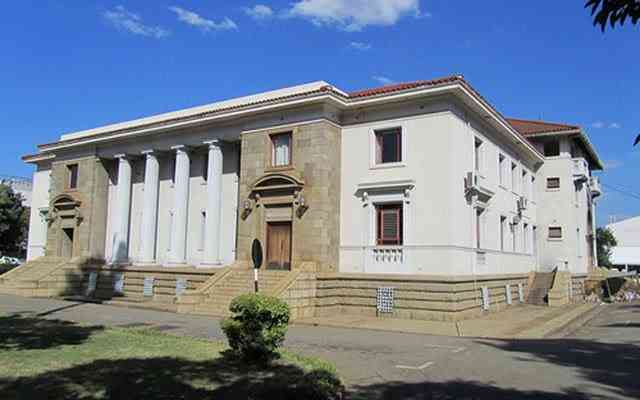ZIMBABWE has set an ambitious national vision to become an upper-middle-income economy by 2030. This vision, which aims for a per capita Gross National Income of over US$5 000 in real terms from the current US$1 440, will be underpinned by the development of a middle class.
With its potential to drive economic growth by providing quality housing, commercial spaces, and luxury properties, the real estate sector will play a pivotal role in this transformation.
This article will explore the vision, its impact on real estate, and the necessary steps to achieve it.
The first point of the call is to unpack what an upper-middle-income economy is all about and what it means for the real estate sector. An upper-middle-income economy typically exhibits stable economic growth, with a consistent and moderate growth rate, attracting foreign investment that fuels demand for real estate.
It also shows higher disposable incomes and a growing middle class, driving demand for quality housing, commercial spaces, and luxury properties.
Rapid urbanisation is experienced, increasing cities’ demand for housing, infrastructure, and commercial properties. With its potential to meet this growing demand, the real estate sector will play a crucial role in this transformation.
Keep Reading
- Mavhunga puts DeMbare into Chibuku quarterfinals
- Bulls to charge into Zimbabwe gold stocks
- Ndiraya concerned as goals dry up
- Letters: How solar power is transforming African farms
Priority is given to investment in infrastructure, such as transportation, energy, and water, making properties more attractive and accessible.
The business environment is improved with streamlined regulations, a push for ease of business, and a favourable investment climate, attracting businesses and driving demand for commercial real estate.
There would be increased access to finance, greater availability of credit, mortgages, and other financial instruments, and the facilitation of property purchases and development.
This potential for increased access to finance and credit underscores the sector's growth potential. There would be a growing demand for premium properties and an increased demand for high-end residential and commercial properties, offering opportunities for developers and investors.
Ideally, there also would be improved property rights and governance: Strengthened property rights, reduced corruption, and efficient management, enhancing the attractiveness of the real estate market.
Lastly, a growing focus on sustainability and innovation with increased emphasis on green buildings, sustainable development, and innovative technologies, driving the sector's growth and resilience.
With all that said, what would the impact be on real estate? Naturally, an increased demand for housing as a growing middle class will drive demand for quality housing, increasing residential development.
A commercial property boom would be inevitable since a diversified economy will attract businesses, increasing demand for office space, retail, and industrial properties.
Real estate is supported by good infrastructure. There would be an increased drive for infrastructure development, increasing accessibility and connectivity, making properties more attractive and valuable.
Lastly, Zimbabwe will become a more attractive destination for foreign investment, leading to increased investment in real estate.
The property market will shift with increased demand, raising property prices to different levels. Happy days are on their way.
To achieve the above, there is a need to introduce and implement policies that support the growth of the real estate sector, such as streamlining regulatory processes and providing incentives for investment.
Deliberate investment in infrastructure, including transportation, water, and energy, would be needed to support the sector's growth. Skills development to support the new infrastructure and real estate sector, including construction, property management and valuation to cover the imminent gap.
Promoting Zimbabwe as an investment destination of choice highlights opportunities in the real estate sector.
To increase the supply of affordable housing, the government would need to implement initiatives such as subsidies, tax incentives, and public-private partnerships.
Further aspects to be followed include embracing technology and innovation to enhance efficiency, transparency, and sustainability in the sector and fostering collaboration between government, private sector, and civil society to attract investment, share knowledge, and drive growth.
With globalisation gaining traction, international cooperation and knowledge sharing cannot be ignored as part of the roadmap to an upper-middle-income economy. Leverage knowledge, expertise, and investment by engaging with international partners and global best practices.
By following this roadmap, Zimbabwe's real estate sector can play a vital role in achieving the vision of an upper-middle-income economy.
Zimbabwe's Vision 2030 presents a unique opportunity for the real estate sector to grow and develop. By understanding the implications of the vision and taking necessary steps, we can unlock the potential of the sector and contribute to the country's economic transformation.
In summary, real estate is a vital component of an upper-middle-income economy. It drives economic growth, wealth creation, and social stability while presenting affordability, infrastructure, and sustainability challenges.
- Juru is the chief executive officer at Integrated Properties.





